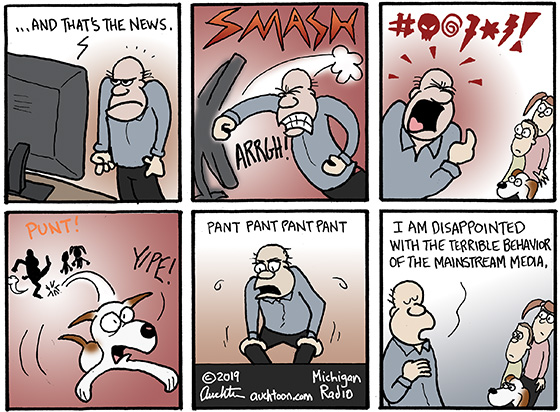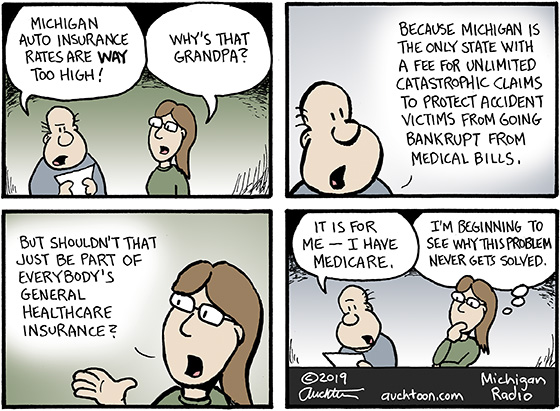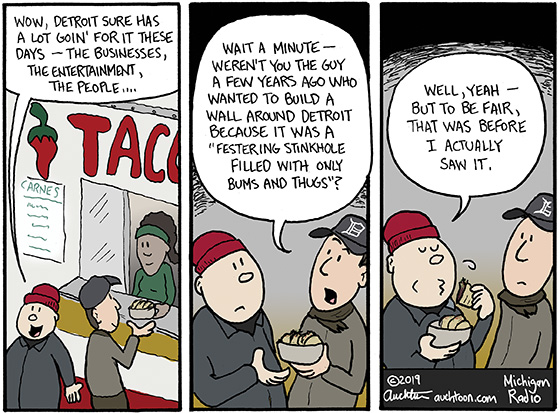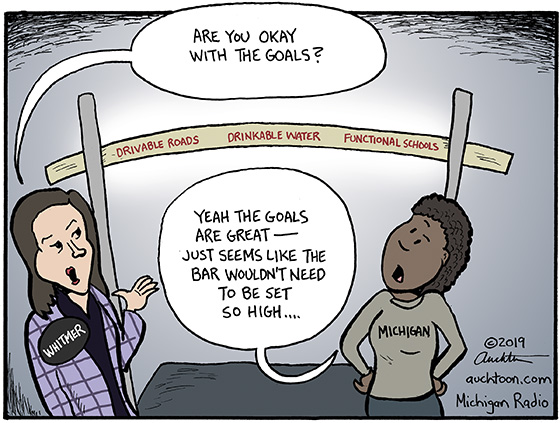And That’s the News
I was listening to a podcast with comedian W. Kamau Bell. It was recorded previous to the incidents on the steps of the Lincoln Memorial last weekend, but there were some very timely insights.
One story Bell told was about him stopping by a coffee shop to see his wife. Bell (who is black) approached the table where his wife and friends (all of whom are white) were sitting. The owner of the shop came by and began shushing Bell away, assuming he was harassing his customers. In the moment, Bell didn’t know quite what to do or say. He hadn’t woken up that morning anticipating the situation and was not, as he put it, prepared to deliver a Denzel Washington-level social justice speech to correct the situation. He simply left with his wife. “I wasn’t my best self in that moment.”
“Wasn’t my best self.” Does that phrase perfectly capture this past week or what?
Here’s the thing: In this instance walking away may not have been the most satisfying decision, but it was probably the best. And Bell pretty much said as much, “It’s too late to figure out a strategy during an emergency.” Which is sage enough, but he continued with, “I think sometimes people think that if I wasn’t my best self in that moment then the moment is lost. And that’s just not true. After an incident, you have the opportunity to initiate a new conversation. Talk with colleagues, loved ones, members of your community. Don’t bury it deep inside you. Prepare yourself for the next time. It’s not what you do but what you do next. And then next and then next.”
I think that also goes for how news is reported. The initial reactive stories last weekend were obviously not good. And if you are inclined to blame “the media,” well, I would agree. But I would hasten to add it was social media and cable news that were by far the worst offenders, and they are hardly actual journalism. The stories reported by reliable news sources (NPR included) were certainly incomplete, but they were quickly followed-up and fleshed out — and continue to be as the story develops.
Life surprises us all the time, and yet we’re still rarely ready to react exactly the way we’d like. So it’s likely that, in the moment, we may lash out at a smirking teenager or repost conspiratorial memes. But the real question is: What are we going to do after that to be our best selves?





